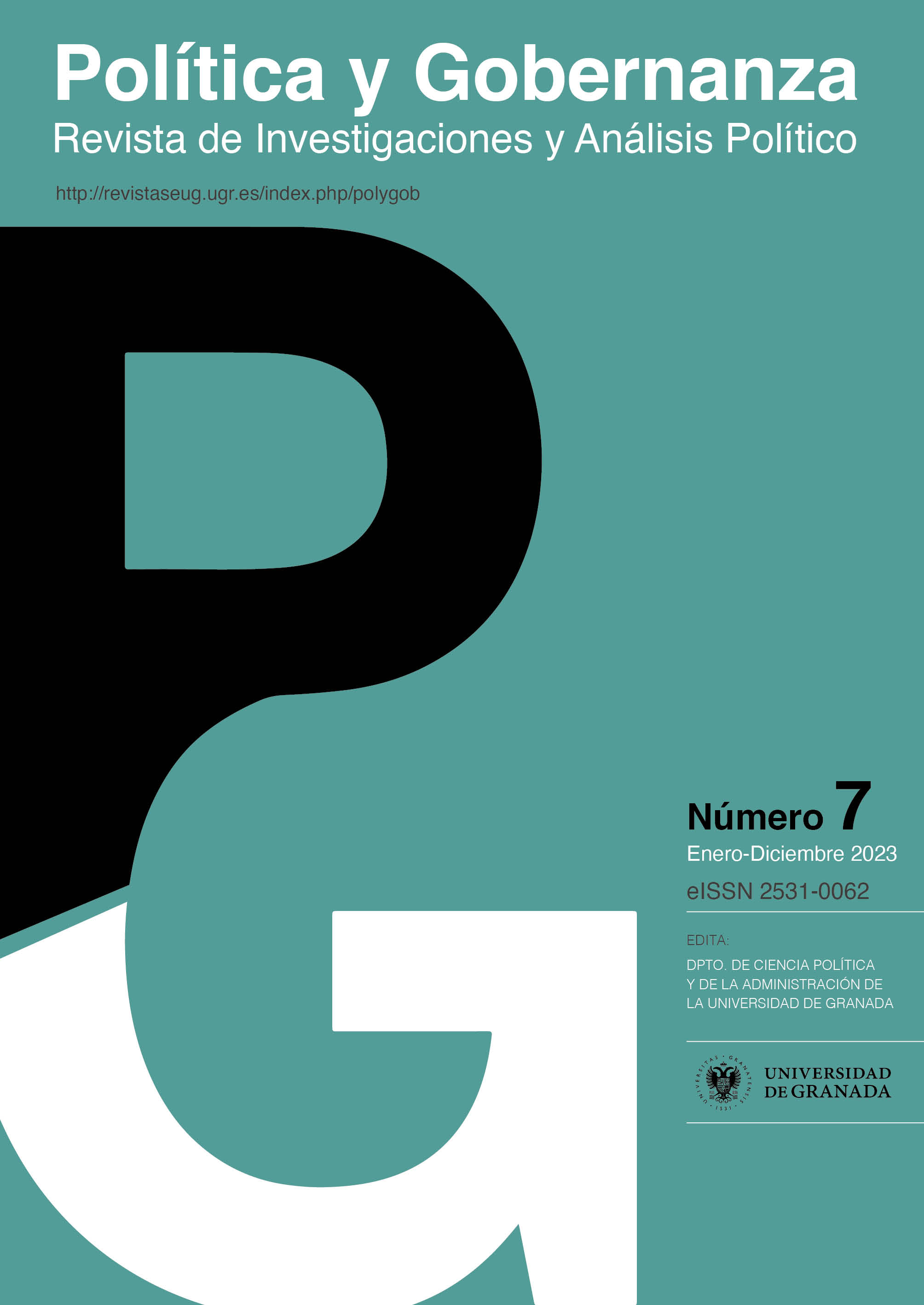Eurasianism and imperialist Russian Nationalism in Aleksandr Dugin
Main Article Content
Abstract
This article analyzes the main components of the Russian thinker Aleksndr Dugin (1962)’ political theory, very influential in Kremlin circles and in Putin’s own positions. In his prolific work, a traditionalist vision, indebted to Evola and Guénon, is articulated with elements of the German Conservative Revolution and the Russian Eurasianist tradition of Gumilev and others, to which is added an Orthodox Christian fideist element of the Old Believers. They are analyzed in this order: 1) the traditionalist keys to his thought; 2) the National Socialist elements and the debts to Carl Schmitt and Martin Heidegger; 3) his reworking of classical Pan-Slavism and Eurasianism; and 4) an omnipresent militarist component that will become more acute due to the invasion of Crimea in 2014. The articulating principle of this motley set of elements of a white-red-pardist Russian synthesis, which does not hesitate to instrumentalize arguments and concepts of postmodernism, it is constituted by a Great Russian imperialist nationalism of primordialist nature. The latter promotes a totalitarian and undemocratic system within Russia through unconditional adherence to the “New Tsar”, while at the same time designating, with the help of the friend/enemy logic, its ethnic groups of exclusion (USA, EU), as well as annexation (Ukraine).



